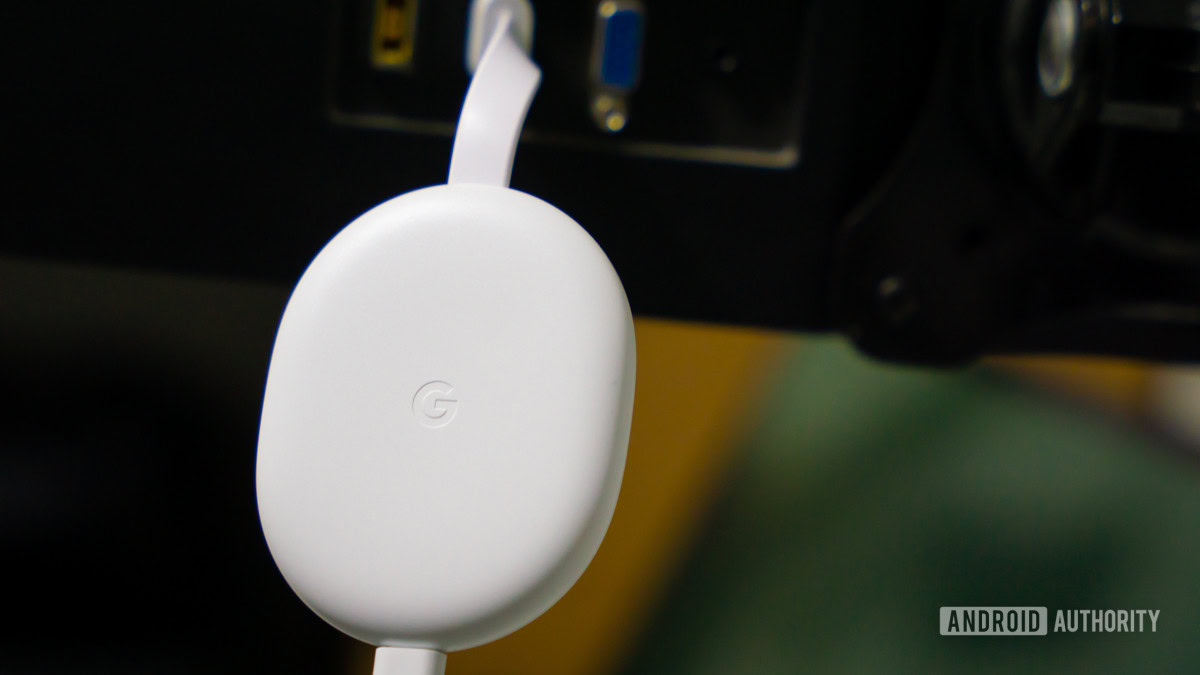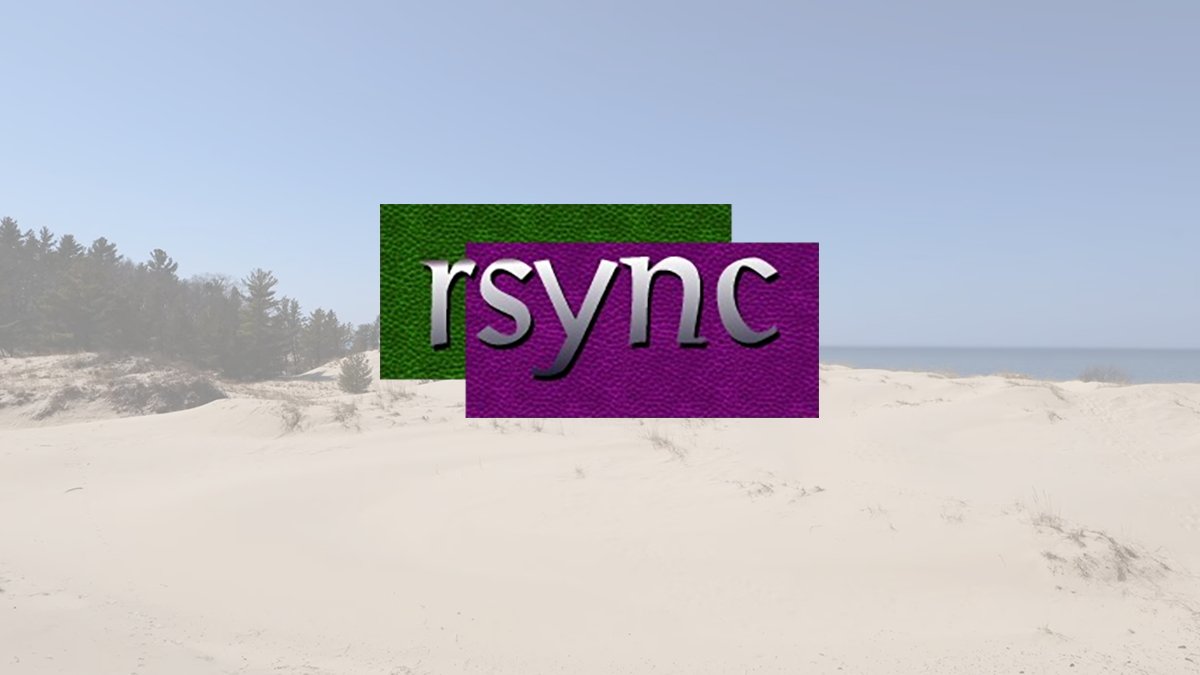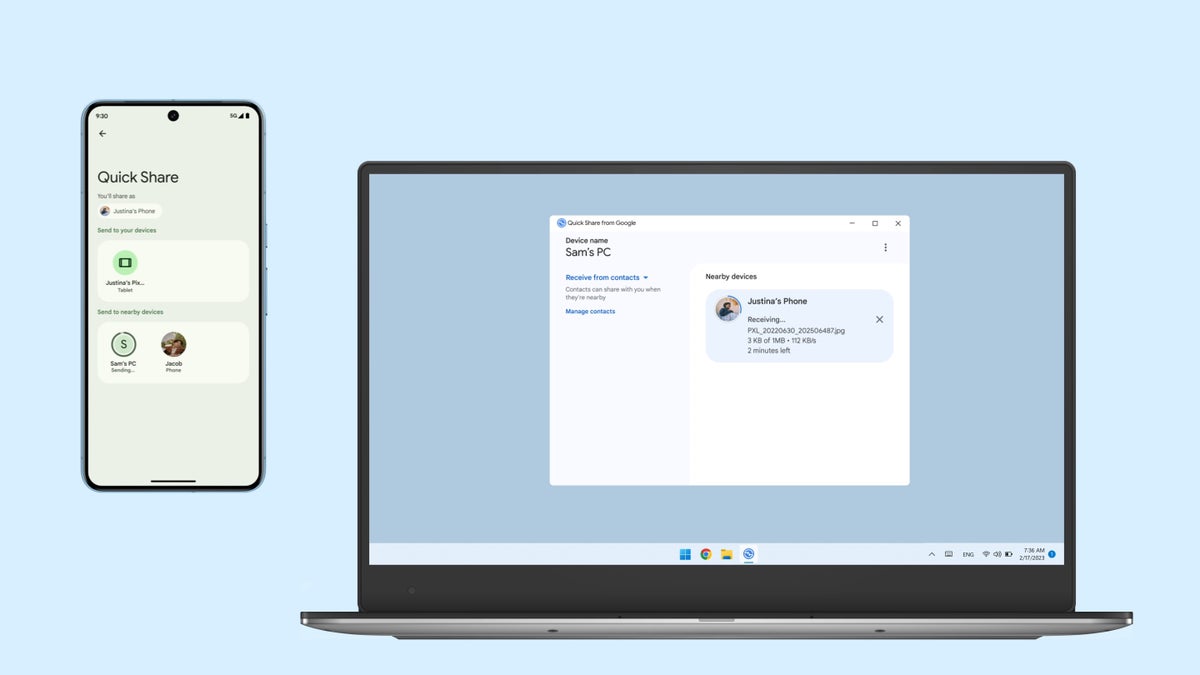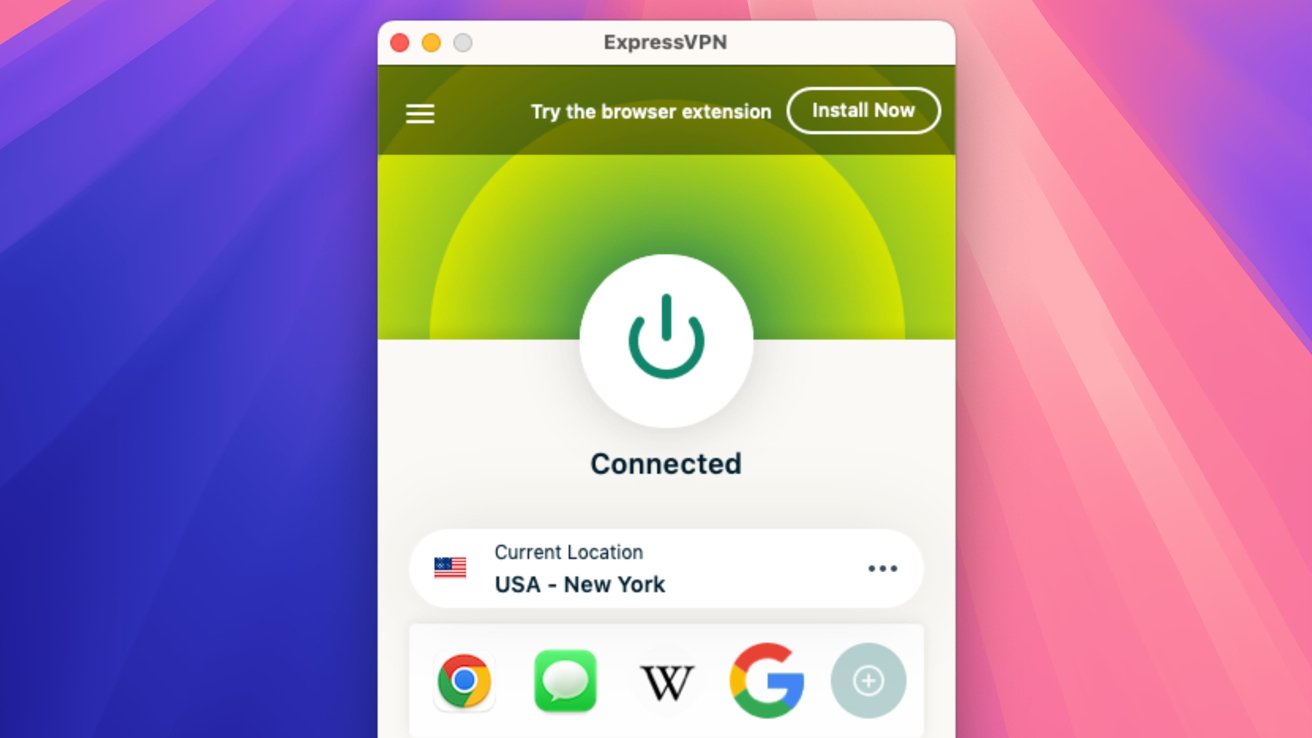The Balancing Act of AI: Embracing Technology While Preserving Human Creativity

As I delve into the world of artificial intelligence, experimenting with various tools such as ChatGPT, Claude, Lovable.dev, and Fireflies.ai, I am reminded of a TED Talk I viewed in 2012, presented by behavioral economist Dan Ariely. The talk, titled What Makes Us Feel Good About Our Work? remains relevant as we navigate the complex landscape of AI today.
Utilizing these AI tools has brought me moments of joy, particularly when they handle repetitive tasks that previously consumed my time and energy. However, this convenience has also evoked feelings of frustration and a sense of loss, especially when these technologies encroach upon areas where I still desire to maintain control and ownership. This tension pushes me to reflect on the importance of intentionally designing an AI-powered world that fosters human achievement instead of undermining it.
In his TED Talk, Ariely examines what motivates us at work, emphasizing that factors like meaning, recognition, and a sense of purpose can often outweigh monetary rewards. He categorizes work into two distinct types:
- Meaningful, challenging work: These tasks allow us to demonstrate mastery, overcome obstacles, and experience a sense of progress. Engaging in this type of work invigorates us and instills a sense of pride. For instance, training for and completing a marathon or delivering a high-stakes presentation that receives accolades exemplifies this.
- Sisyphus-like tasks: In contrast, repetitive, menial tasks can be draining, leaving us feeling demoralized and unfulfilled. Examples include taking notes during meetings, sifting through extensive legal documents, or being bogged down by administrative duties.
AI possesses the remarkable capability to handle both types of tasks, yet the more pressing question is whether it should do so. The act of delegating every responsibility to AI can sometimes lead to more harm than good.
This situation reminds me of the journey of parenting, particularly when toddlers begin to assert their independence by picking out and wearing their clothes. As parents, we have to muster the patience to allow them to struggle through this process, aware that it might result in delays. However, this struggle is essential in helping children build confidence and develop skills.
A parallel experience occurred when my husband and I decided to hire a meal preparation service to help with our family dinners. Both of us work full-time and lacked strong culinary skills as we transitioned into adulthood. During our childrens early years, we grew weary of the mac-and-cheese routine and aimed to introduce a variety of healthy meals. However, grocery shopping was our biggest hurdle. We frequently felt overwhelmed, purchased random ingredients, and watched them spoil in the fridge.
In our quest for a solution, we hired a local service called The Food Fairy. Initially, it felt like a transformative decisionthis service planned our meals, handled grocery shopping, prepared food in our home, and left us with delicious, gourmet meals ready for heating. However, as time passed, we encountered drawbacks: our kids became increasingly picky eaters, the costs accumulated, and on days when the service didnt operate, we were still at a loss for what to cook.
Then a friend introduced us to HelloFresh, which turned out to be an ideal compromise. With HelloFresh:
- We select meals as a family, granting us variety and a sense of agency.
- Ingredients are delivered to our doorstep, eliminating grocery stress.
- Everything is portioned perfectly, which reduces waste.
- Step-by-step instructions help us build our confidence in the kitchen.
- It is more affordable and sustainable for our family.
Most importantly, we are learning to cook. When we prepare a meal and our children eat it without any complaints, it feels like a win. That moment fills us with a sense of pride.
This experience conveys a crucial lesson for the development of AI agents. For tasks that foster skill growth, I do not want AI to completely take over; instead, I want it to function as a coachguiding, supporting, and challenging me to improve.
When AI generates content for me without my input, I often feel disconnected and even resentful. Its akin to being sidelined from my own creative process.
Several innovative AI agents are adopting a coaching mentality to enhance skill development:
- Mercor: This platform offers AI-generated mock interviews, providing real feedback to help job seekers practice their interview skills.
- Pitch Guide: This tool gives entrepreneurs tailored feedback on their Pitch Decks along with recommendations for improvement.
One of the first AI tools I integrated into my daily workflow was Fireflies.ai, a meeting note-taker. Before its adoption, I often struggled to juggle note-taking while facilitating meaningful conversations. This led to missed points and indecipherable handwriting later on.
With Fireflies, I can now record and transcribe my video calls, enabling me to remain fully engaged in the discussion. While I still jot down notes during meetings, I no longer fret about missing vital details. After each meeting, I benefit from:
- A complete transcript for future reference.
- A well-organized summary that I can edit and share.
- Clearly assigned action items.
While I dont require this level of support for every call, it has proven to be a game changer for prospective client meetings, allowing me to follow up promptly and maintain a professional demeanor, thereby honing in on what truly matters.
The insights shared by Dan Ariely resonate more fervently than ever, providing a powerful framework for how we can navigate our AI-enhanced future. We must utilize AI to challenge, guide, and help us grow in our mastery without overshadowing it.
AI should alleviate us from repetitive tasks, thus liberating our mental energy for deeper connections, focus, and more meaningful work. Rather than merely being a tool, AI can evolve into a partner, but only if we design it with intention, humanity, and a core sense of meaning.
For those seeking more resources and innovative ideas related to AI, our popular AI in Focus learning series continues to thrive, featuring weekly live streams. You can find our initial sessions hosted on our website, and as we roll out more content, it will be available on our YouTube channel. Stay connected with us on social media to receive updates on upcoming livestreams. If you have a suggestion for how AI could be utilized to solve a challenge or capitalize on an opportunity, we would love to discuss it further.




























